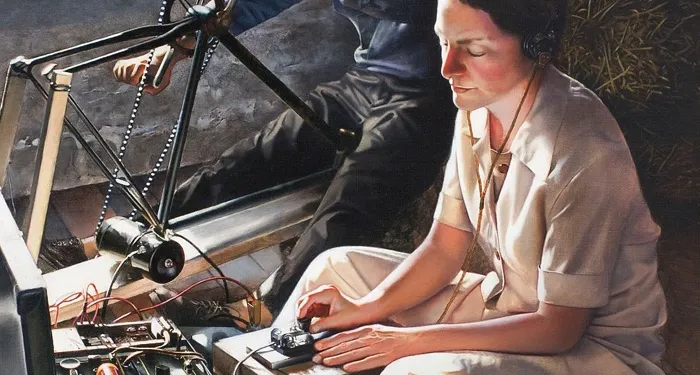
5 Books for an Introduction to Disability History in the U.S.
I’m not a historian, but I love researching. I’m also constantly thinking about how ableism affects my and other disabled people’s lives. I enjoy academic and popular history books with ample citations and bibliographies. History books often omit that Franklin D. Roosevelt, Harriet Tubman, and many other important historical figures were disabled. This list is not exhaustive, of course, but these U.S. disability history books show how racism, anti-LGBTQIA prejudice, ableism, and sexism intersect.
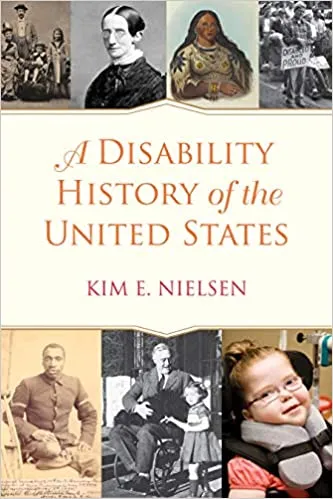
A Disability History of the United States by Kim E. Nielsen
Full disclosure: I was an editorial intern at Beacon Press when they published this book in paperback in 2013, and I interviewed the author for Beacon’s blog. However, most educators agree with me that this book belongs on almost any disability history syllabus.
The second book in Beacon’s Revisioning History series, this is an overview of disability in what is now the U.S. from pre-1492 to the present. You may not have known about the extent of ableist laws in U.S. history: eugenics, sterilization programs, institutions, and the ugly laws, which punished people with certain disabilities for appearing in public. The book also covers the protests that led to Section 504 of the Rehabilitation Act of 1973 and the later civil rights law, the Americans with Disabilities Act, in 1990.
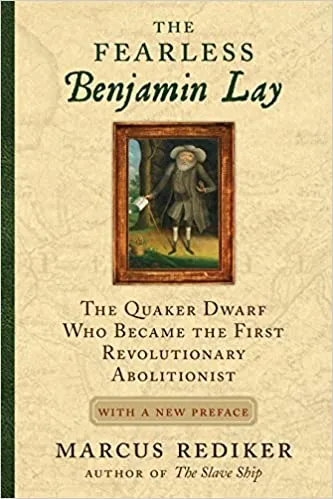
The Fearless Benjamin Lay: The Quaker Dwarf Who Became the First Revolutionary Abolitionist By Marcus Rediker
Lay was one of the first white abolitionists in the U.S. He protested against slavery frequently. In 1737, Benjamin Franklin published Lay’s only book: All Slave-Keepers That Keep the Innocent in Bondage, Apostates. Lay also was an opponent of the death penalty and an early advocate for ethical vegetarianism. His work revolutionized his colonial Pennsylvania Quaker community, which later became united in opposing slavery.
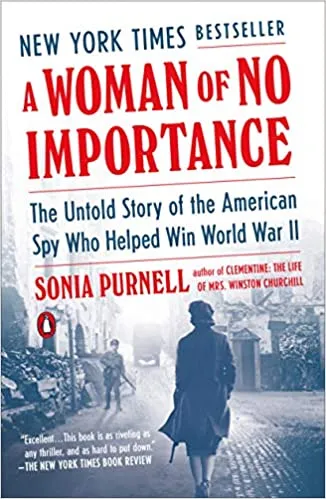
A Woman of No Importance: The Untold Story of the American Spy Who Helped Win World War II by Sonia Purnell
Some editions are alternately subtitled: The Untold Story of Virginia Hall, WWII’s Most Dangerous Spy. Virginia Hall was a commander of the British SOE (Special Operations Executive) and the French Resistance, so many assumed she was from Europe. She was actually from a wealthy family from Maryland. Her leg was amputated after a hunting accident. As a disabled woman, she faced constant sexist and ableist discrimination. A brilliant organizer, Hall planned prison breaks, exposed double agents who assisted the Nazis, mentored and saved younger spies, and ingenuously sabotaged the Nazi Vichy government.
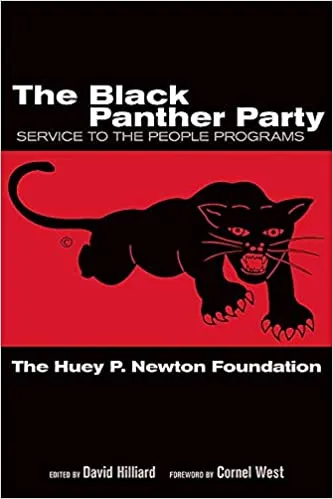
The Black Panther Party: Service to the People Programs, by The Dr. Huey P. Newton Foundation, Edited by David Hilliard
The Black Panther Party’s health and social services platform was first published as a book in 2008, over 40 years after the Party was founded. They believed in healthcare for all and set up screening programs for sickle cell anemia. Bradley Lomax, a BPP member with multiple sclerosis, participated in the sit-ins to ratify Section 504 and helped establish a Center for Independent Living in Oakland.
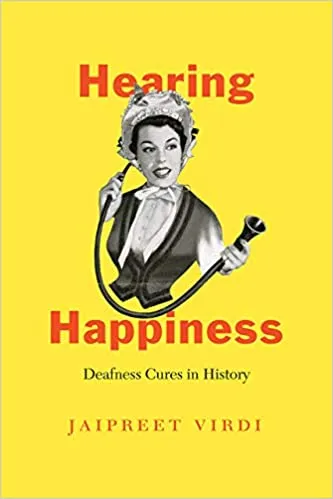
Hearing Happiness: Deafness Cures in History by Jaipreet Virdi
This unique book combines autobiography with broader history. Virdi, who is now a history professor, became deaf after contracting meningitis as a child. She traces her own personal history along with the history of treatments, assistive devices, and attempted cures for deafness in the U.S. from the 1860s to the present. Cure has always been a controversial, contested topic in the Deaf and disabled community.









